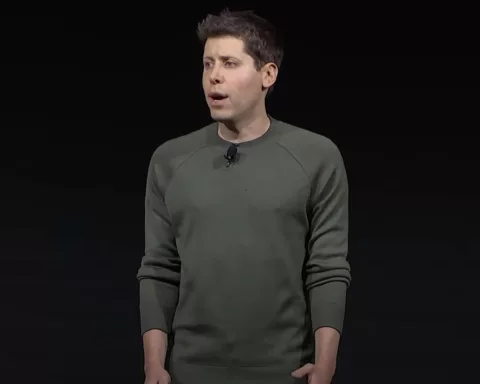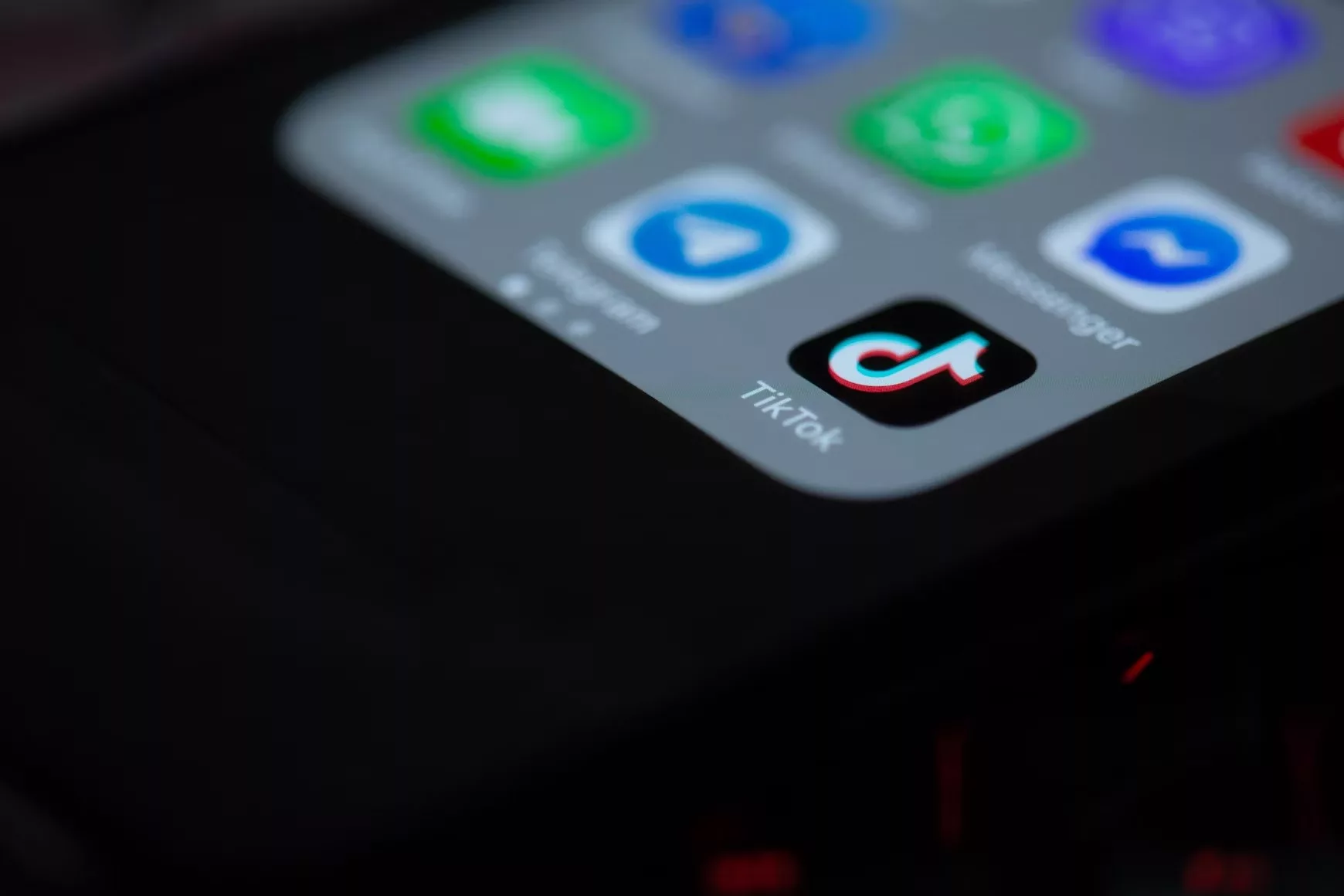A legal controversy has emerged as a lawyer faces potential sanctions for using the artificial intelligence (AI) tool ChatGPT to conduct legal research, which resulted in the submission of false case citations in a lawsuit. This incident was initially reported by The New York Times and subsequently covered by The Verge.
The lawyer in question, Steven A. Schwartz, represents clients in a lawsuit against Colombian airline Avianca. Schwartz included several past cases as references in his brief. However, these cases were later revealed to be non-existent and seemingly generated by ChatGPT, an AI developed by OpenAI.
The opposing counsel discovered the fabricated cases, leading US District Judge Kevin Castel to confirm the inaccuracies. The judge stated, “Six of the submitted cases appear to be bogus judicial decisions with bogus quotes and bogus internal citations.” Consequently, a hearing has been scheduled to consider potential sanctions against Schwartz.
In an affidavit, Schwartz admitted to using ChatGPT for his research. When he asked the chatbot to verify the cases, the AI tool insisted the cases were real and could be found on legal research platforms Westlaw and LexisNexis. Schwartz accepted the AI’s response without further verification.
This incident has sparked a debate about the potential pitfalls of relying on AI tools for research without thorough verification of their outputs. Schwartz expressed regret for using AI to supplement his legal research and pledged not to do so in the future without absolute verification of its authenticity.
This case serves as a stark reminder of the need for caution when using AI tools, especially in critical areas such as legal research. While AI has the potential to greatly assist in various fields, it is crucial to remember that its outputs must be cross-verified for accuracy and authenticity. The incident underscores the importance of human oversight and the need for stringent checks and balances when using AI tools in professional settings.
As we reported earlier this week, in a blog post by the Microsoft Bing team dated May 23, 2023, Microsoft announced the integration of Bing Search into OpenAI’s ChatGPT, marking a significant stride in AI communications.





